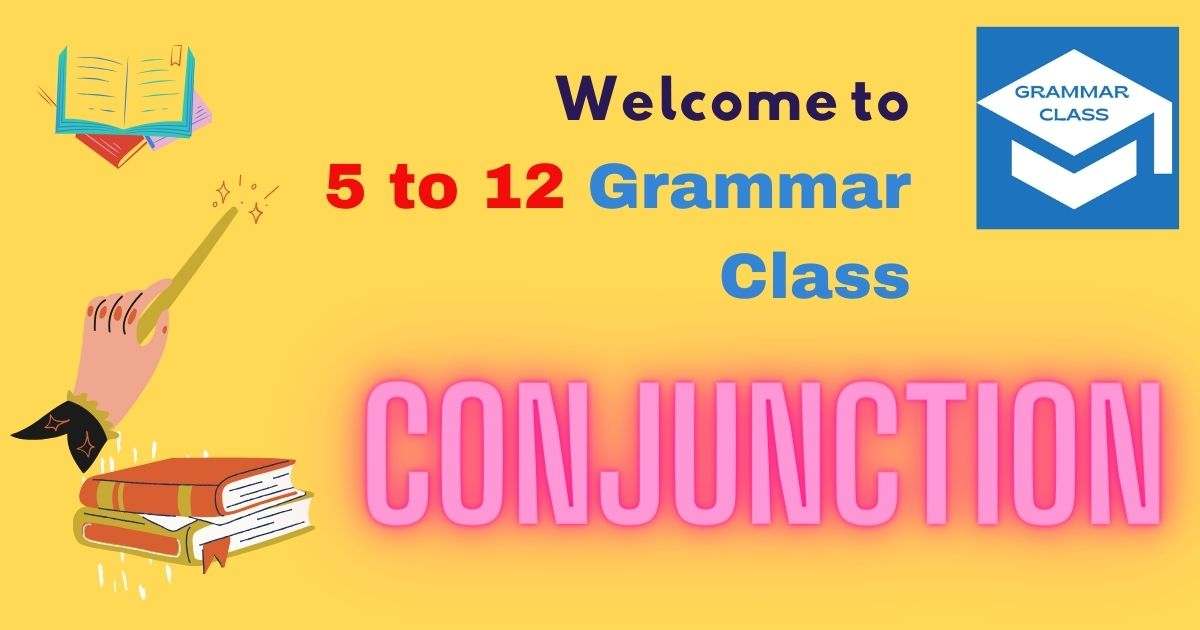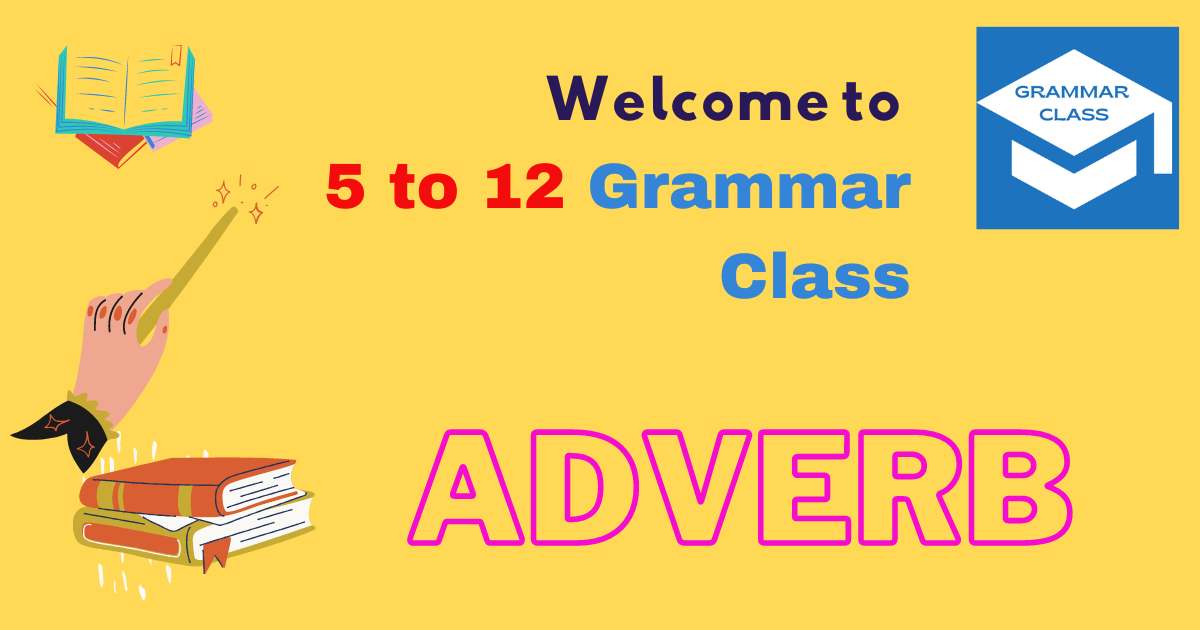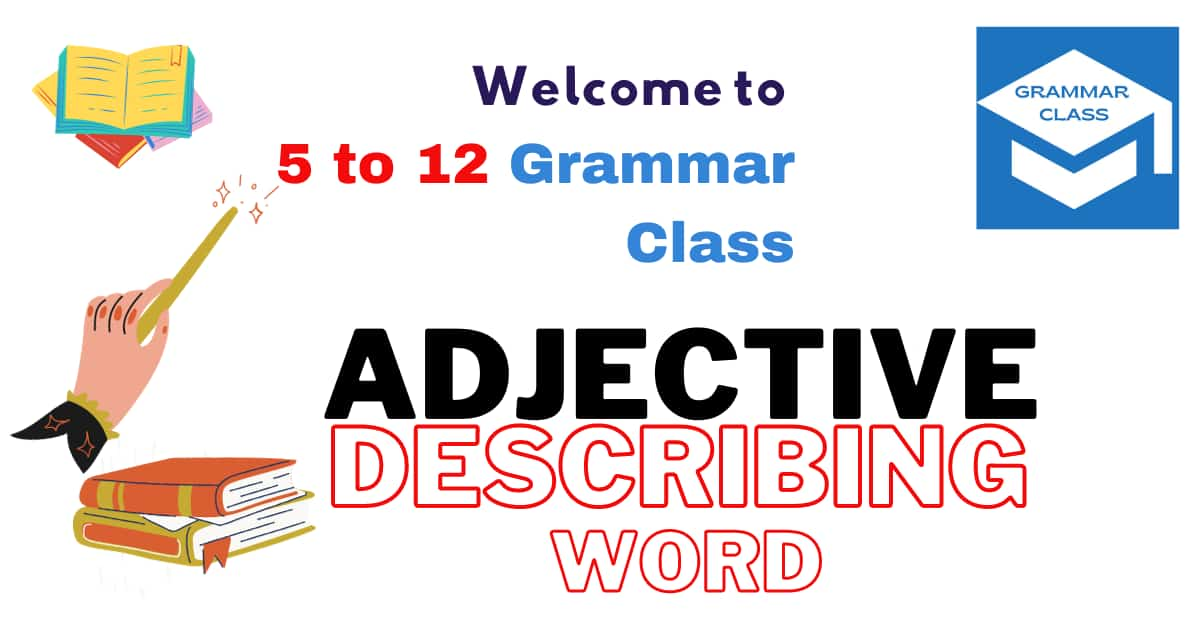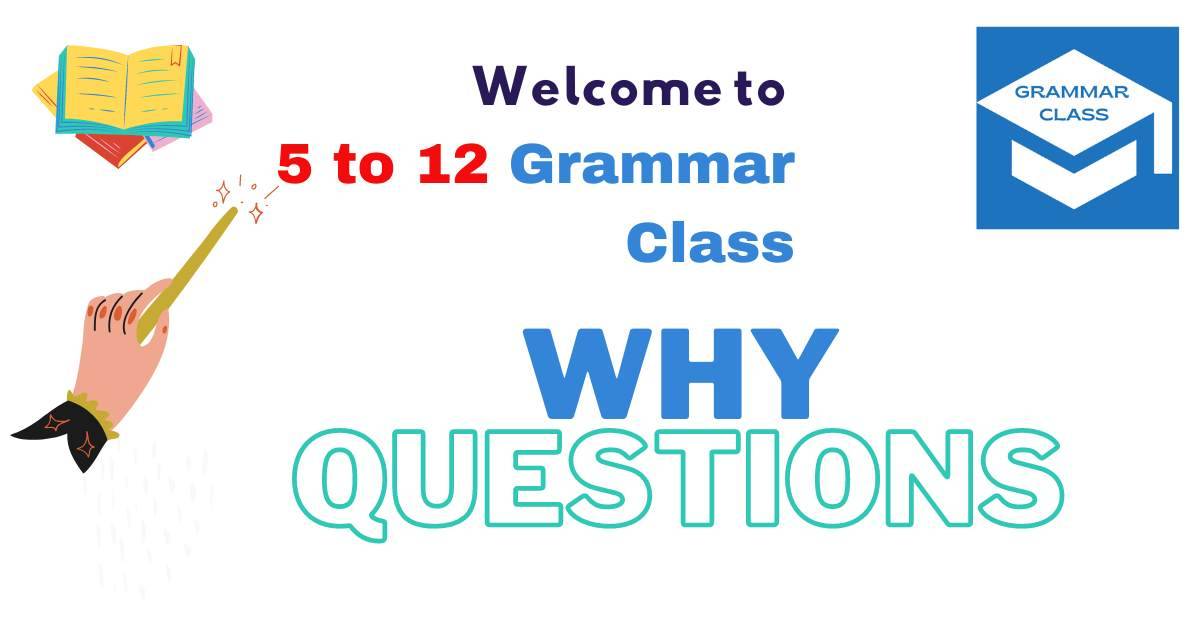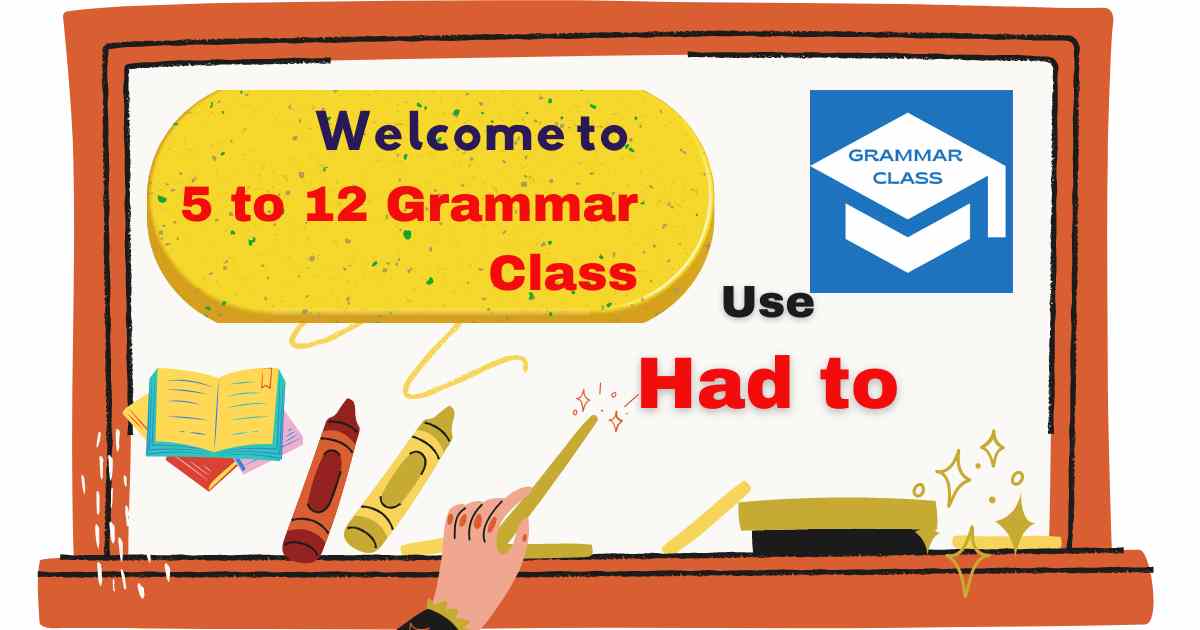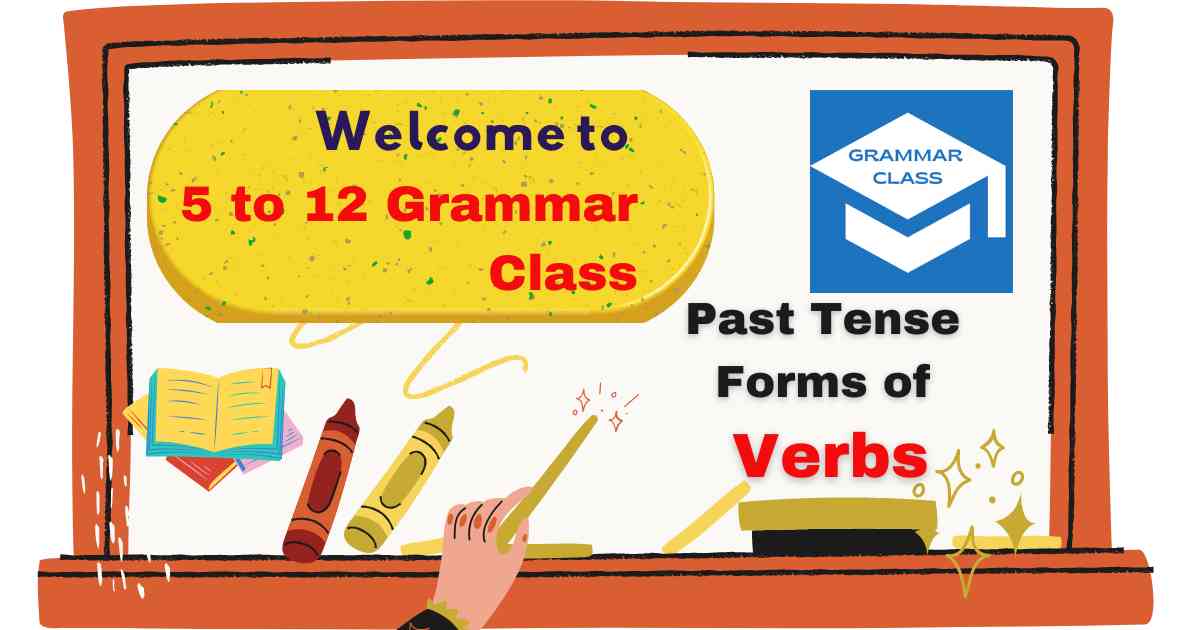English Proverbs
Important English proverbs with Marathi meanings.
Friends, let’s see some important sayings in English. Let’s read their meaning in Marathi. And let’s try to remember that. I have tried my best to explain in simple and correct language.
इंग्रजी भाषेतील म्हणी
Important English proverbs with Marathi meanings.
मित्रांनो, आपण इंग्रजीतील काही महत्त्वाच्या म्हणी पाहूया .त्यांचे मराठीतील अर्थ वाचूया . आणि त्या लक्षात ठेवायचा प्रयत्न करूया. मी माझ्या परीने योग्य आणि सोप्या भाषेत अर्थ सांगायचा प्रयत्न केला आहे .
1) Might is right.
👉 बळी तो कान पिळी. कमजोर लोकांना मोठया लोकांचे ऐकावे लागते आणि त्यांच्यासमोर झुकते घ्यावे लागते.
2) Like father, like son.
👉जसे आईवडील असतात तशी त्यांची मुले बनतात.
3) A day after the fair.
👉वरातीमागून घोडे. वेळ निघून गेल्यावर तयारी करणे.
4) Money makes the man and mare go.
👉पैसा खूप महत्त्वाचा आहे . पैशामुळे आपण भरपूर गोष्टी करू शकतो .
5) Money begets money.
👉पैशामुळे पैसा वाढवता येतो.
6) First come first served.
👉हाजीर तो वजीर. कोणत्याही ठिकाणी आपण वेळेवर उपस्थित रहायला हवे, मग यश आपलेच होते.
7) Actions speak louder than words.
👉 उक्तीपेक्षा कृती श्रेष्ठ . आपण मेहनत केली पाहिजे . गप्पा मारून यश मिळत नाही .
8) Blood is thicker than water.
👉आपणाला सर्वात जास्त प्रिय रक्ताचे नातेवाईकच आसतात.
9) The child is father of the man.
👉मुलाचे पाय पाळण्यात दिसतात . मूल मोठे झाल्यावर कसे बनणार हे त्याच्या लहानपणीच्या वागण्यावरच समजते.
10) An apple a day keeps the doctor away.
👉दररोज एक सफरचंद जर खाल्ले तर आपले योग्य पोषण व्हायला मदत होते. मग आपण आजारी पडून दवाखान्यात जायची गरज नाही .
11) Barking dogs seldom bite.
👉 गर्जेल तो वर्षेल काय? म्हणजे काही माणसे उगी मोठमोठ्या गोष्टी करतात पण काहीच करून दाखवत नाहीत.
12) As the King, so are the subjects.
👉यथा राजा, तथा प्रजा. मोठया व्यक्तीकडे पाहूनच लोक त्यांचे अनुकरण करतात व तसे वागतात.
13) Union is strength.
👉एकी हेच बळ. आपण एकजुटीने राहिलो तर आपणाला कोणीही त्रास देऊ शकत नाही .
14) Too many cooks spoil the broth.
👉पाच पन्नास आचारी, वरणामध्ये मीठ भारी. एखाद्या कामात जास्त लोकांनी भाग घेतला किंवा सल्ला दिला की काम असफल होते.
15) Every house has its skeleton.
👉घरोघरी मातीच्या चुली . गरीब असो की श्रीमंत, सर्वांनाच टेंशन आहे .
16) One man’s loss is another man’s gain.
👉 एकाची लागली वाट, त्यातून दुसऱ्याची भरभराट .
17) Fortune favours the brave.
👉शूर व धाडसी माणसाला खात्रीने यश मिळतेच.
18) Don’t count your chickens before they are hatched.
👉अति आशा धरून बसणे काही कामाचे नाही.
19) Look before you leap.
👉कोणताही निर्णय योग्य -अयोग्य याचा पूर्ण विचार करून घ्यावा.
20) Still waters run deep.
👉हुशार आणि ज्ञानी माणसे शांतपणे व साधेपणाने वागतात.
21) Walls have ears.
👉भिंतीला कान असतात. कोणतीही योजना काळजीपूर्वक आखावी.
22) There is no rose without a thorn.
👉काटयावाचून गुलाब नाही . कष्ट केल्यानंतरच यश मिळते.
23) A bird in hand is worth two in the bush.
👉हातचे सोडून पळत्याच्या पाठी लागू नये .
24) Well begun is half done.
👉कोणत्याही कामाची चांगली सुरुवात केली की आपला आत्मविश्वास वाढतो आणि काम पूर्ण करायला हिंमत मिळते.
25) Cowards die many a time before their death.
👉भित्रेपणाचा जीवनात खूप त्रास होतो .
26) A bad workman blames his tools.
👉नाचता येईना, अंगण वाकडे. आपण काही वेळा स्वत:च्या कमजोरी किंवा चुकीबद्दल दुसर्यांना बिनकामी दोष देतो.
27) Where there’s a will, there’s a way.
👉इच्छा तेथे मार्ग . आपली तळमळ असली की यश मिळतेच मित्रांनो.
28) Every dog has his day.
👉 चार दिवस सासूचे, चार दिवस सुनेचे. प्रत्येकाच्या जीवनात चांगले दिवस येतात.
29) All that glitters is not gold.
👉चकाकणारी प्रत्येक वस्तू सोने नसते. एखाद्याला खात्री न करता ताबडतोब चांगले समजू नका .
30) Beggers can not be choosers.
👉अडचणीत असताना काहीही पर्याय नसतो.
31) Birds of a feather flock together.
👉सारख्या आवडी निवडी असलेली माणसे एकमेकांचे सोबती होतात.
32) Beauty is only skin deep.
👉सौंदर्या पेक्षा चारित्र्य खूप महत्त्वाचे आहे .
33) All is well that ends well.
👉कोणत्याही गोष्टीचा शेवट चांगला झाला की अगोदरचे सर्व अपयश झाकले जाते.
34) Two of a trade seldom agree.
👉कुत्र्याचा कुत्रा दुश्मन असतो.
35) The wearer knows where the shoe pinches.
👉ज्याचे जळते त्यालाच कळते.
36) Familiarity breeds contempt.
👉अति तिथे माती. कोणतीही गोष्ट अति केली की परिणाम वाईट होतो.
37) Make hay while the sun shines.
👉आलेल्या संधीचा पुरेपूर फायदा घ्या .
38) Better late than never.
👉उशीर झाला असे समजून गप्प बसण्यापेक्षा ध्येय गाठण्यासाठी मैदानात उतरा….
39) All is fair in love and war
👉प्रेमात आणि युद्धात सर्व माफ असते.
40) No pains, no gains.
👉कष्ट केले तर फळ मिळते . रिकामा वेळ वाया घालवू नये .
41) You can not have a cake and eat it.
👉तुम्हाला जिंकायचे आहे ना ? मग आयते कसे यश मिळेल ?
42) A stitch in time saves nine.
👉 चुका वेळीच सुधारा….
43) Cut your coat according to your cloth.
👉जेवढा झेपेल तेवढाच खर्च करा …..
44) Let sleeping dogs lie.
👉शांत असलेले मोहोळ उठवू नका.
45) As you make the bed, so you must lie in it.
👉आपल्या कृतीचा परिणाम आपल्याला भोगावा लागतो.आपण चांगले वागलो तर भले होते वाईट वागलो तर वाईट.
46) A word is enough for the wise.
👉शहाण्याला शब्दांचा मार. शहाणा माणूस केवळ इशारा लक्षात ठेवून सुधारणा करतो.
47) It never rains but it pours.
👉संकटे आली की एकापाठोपाठ भरपूर येतात.
48) Contentment is happiness.
👉मनाचे समाधान हेच खरे सुख आहे.
49) All work and no play makes Jack a dull boy.
👉फक्त काम आणि कामच केले तर काही उपयोग नाही . मनाला ताजे ठेवा. खेळा, फिरा, मित्रांसोबत वेळ घाला.
50) One good turn deserves another.
👉आपल्याला कोणी मदत केली तर आपणही योग्य वेळी त्यांना मदत करावी .

